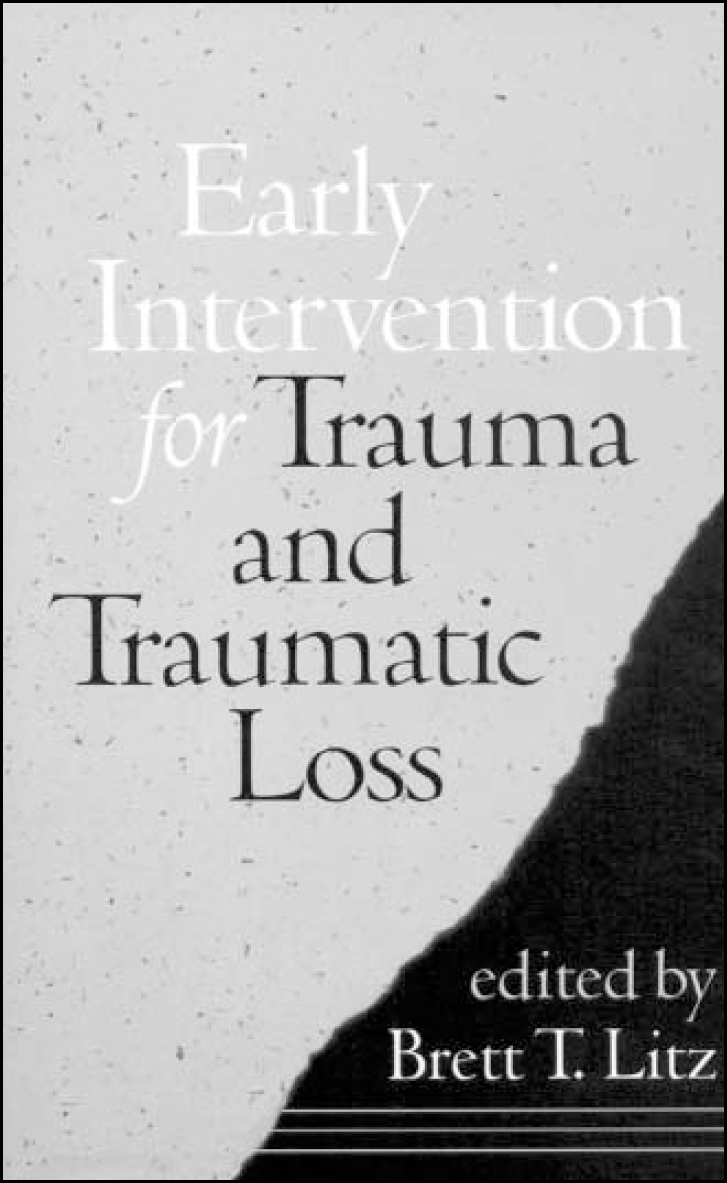
It used to be said that post-traumatic stress disorder (PTSD) was a normal reaction to an abnormally traumatic situation, and that anyone was susceptible to its development. In fact, the vast majority of people exposed to natural or man-made trauma do not develop PTSD, and factors such as individual vulnerability, peri-traumatic influences and social support play a critical role in defining risk. However, for those who develop significant psychological distress, when should appropriate intervention take place? In the aftermath of the earthquake and tsunami in South-East Asia, the role of early psychological intervention for survivors has again come into sharp focus. News reports reassure viewers and listeners that counsellors are on hand to help relieve stress and prevent the development of more chronic psychological syndromes. These interventions continue unabated despite research showing that techniques such as psychological debriefing have limited, if any, benefit and may actually increase the risk of developing stress reactions in the future.
So, is there any role for early intervention in relieving distress and preventing future morbidity? Hot on the heals of a similar book with a more European perspective (Reference Omer and SchnyderOmer & Schnyder, 2003), this text, covering early-intervention initiatives across the lifespan and in various clinical settings, provides an authoritative summary of existing knowledge, as well as offering evidence-based recommendations and directions for future research.
It is divided into three sections. Part I focuses on the psychological impact of trauma and traumatic loss, centring on acute stress disorder, PTSD and traumatic bereavement, emphasising the importance of risk and resilience in promoting recovery in a selected at-risk population. Part II, the core of the book, highlights the importance of secondary prevention using evidence-based practice that is tailored to the population and context. Although ‘psychological first aid’ is appropriate following trauma, it should not be seen as a therapeutic or preventative intervention. The criticisms of secondary prevention strategies such as critical incident stress debriefing are clearly elucidated in the book and balanced with a summary of cognitivebased models of proven efficacy in early intervention. This is the section of the book that I enjoyed the most and is likely to be the most useful to clinicians. Part III covers experience gained in special populations, including the response to the terrorist attacks on New York and Washington in September 2001 and the challenge of developing effective early-intervention strategies in the US military, where the use of psychological debriefing is deeply ingrained.
Despite some repetition between chapters, this is a useful book, which goes some way towards rehabilitating the whole concept of early intervention and secondary prevention in trauma work. There is increasing evidence that such strategies work, but they must be selective and focused, appropriately timed and promote natural resources and personal resilience.





eLetters
No eLetters have been published for this article.